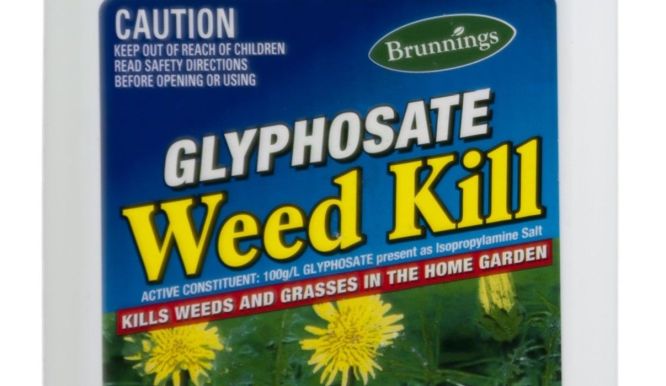
THE USA GOVERNMENT’S Environmental Protection Agency (EPA) has said this week – for the second time – that Monsanto’s Roundup (read glyphosate) does not cause cancer.
The EPA posted the report online this week, stating that glyphosate does NOT cause cancer. This is not the first time they have said this, and it will not be the last.
Glyphosate is the most widely used herbicide in the United States, and possibly the world. It was originally developed by Monsanto and sold under the name “Roundup.”
Not only has Roundup been used for the last 42 years, but glyphosate has been incorporated into hundreds of additional products for the last 16 years.
Byron Shire Council has implemented a steam-weeding program to minimise, and finally cease, the use of glyphosate in outdoor weed control program.
Council’s General Manager, Ken Gainger, has said in the past, “Since 2013 Council’s glyphosate use by Open Space crews has been reduced from 16,925 ml to 540 ml (2016). Overall including Works portfolios (roadsides etc) glyphosate use has been reduced by 27 per cent.”
‘Since March 2016 chemical treatments on roadside vegetation has ceased.”
But it seems to not be a foregone conclusion that there is anything wrong with using glyphosate.
In the EPA’s second report on glyphosate, it says:
“An extensive database exists for evaluating the carcinogenic potential of glyphosate, including 23 epidemiological studies, 15 animal carcinogenicity studies, and nearly 90 genotoxicity studies for the active ingredient glyphosate.
“These studies were evaluated for quality and results were analyzed across studies within each line of evidence.
“The modified Bradford Hill criteria were then used to evaluate multiple lines of evidence using such concepts as strength, consistency, dose response, temporal concordance and biological plausibility.
“The available data at this time do no [sic] support a carcinogenic process for glyphosate.
“Overall, animal carcinogenicity and genotoxicity studies were remarkably consistent and did not demonstrate a clear association between glyphosate exposure and outcomes of interest related to carcinogenic potential.”